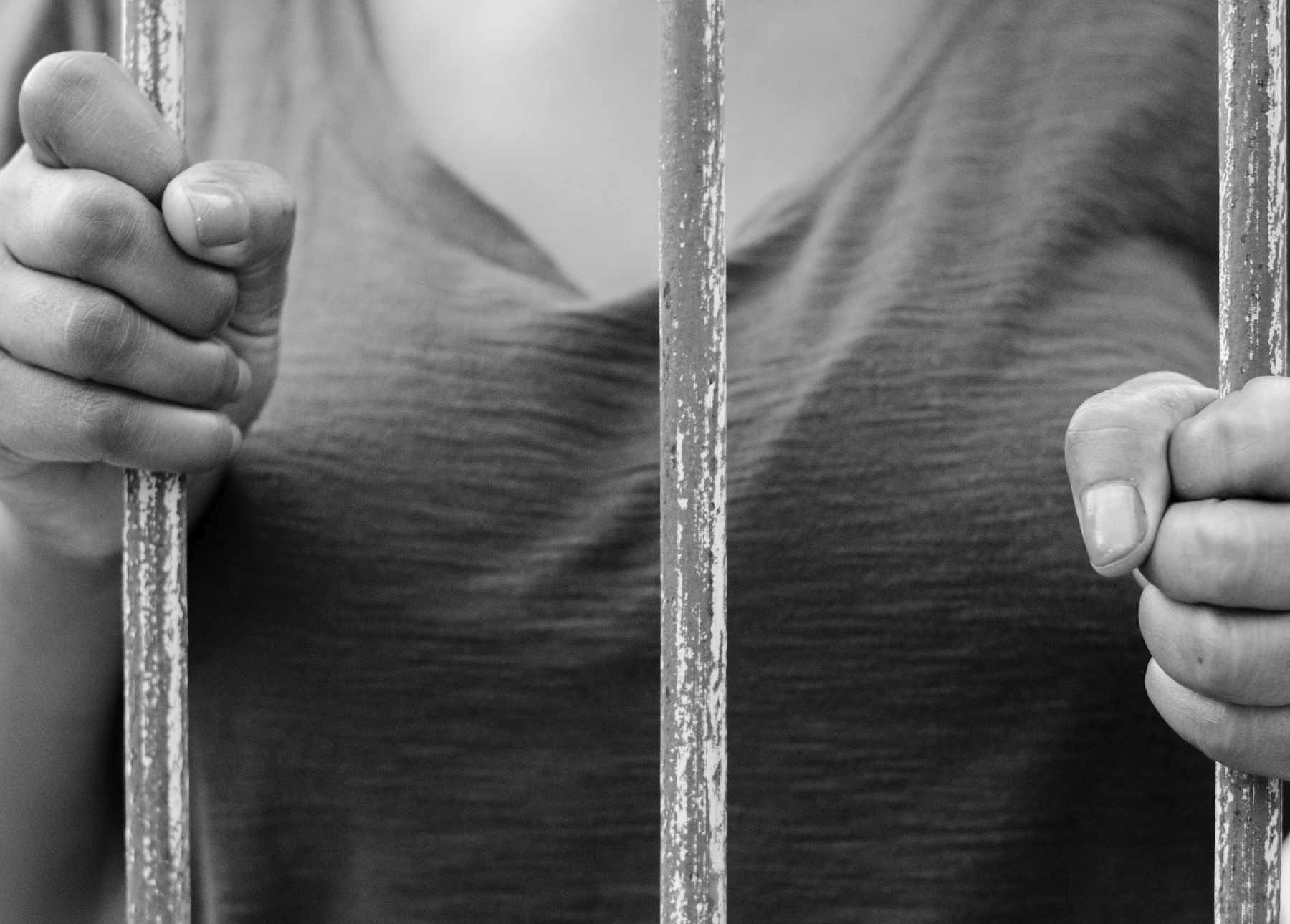To enter the unsanitary, violent, and inhumane cells of Brazil’s prisons is to step into a cruel netherworld where neither Brazilian nor international law seem to apply. For nearly 37,000 women behind bars, there is added anguish.
Under Brazilian law women shall be held in prisons exclusively for women. In reality, most of them are housed in wings within male prisons, where the risk of abuse is high.
Several women reported to a public defender and to the Pastoral Carcerária, a Catholic nongovernmental group, that during a 2015 riot in Minas Gerais, male prisoners broke into their wing and raped them.
Brazilian law also prohibits women’s prisons from using male guards. But last October, several women at Bom Pastor women’s prison in Recife separately told Human Rights Watch researchers that they witnessed the same male guard verbally harass and grope inmates.
Brazil’s female prison population has increased by 161 percent in the last decade, a faster rate than for men. At Bom Pastor, we found 630 women crammed into cells built for 270.
Water was available only three times a day, and during rain, pipes clogged and sewage water covered the yard, leaving standing water for mosquitos to breed. Feces floated up from drains into cells.
Although a nurse told “Wiviane,” a 28-year-old mother of two serving seven years for trafficking 45 grams of crack cocaine, that she had symptoms of the Zika virus, she was never tested.
Zika is especially dangerous for pregnant women, as it can cause neurological damage in fetuses. Although Wiviane was not pregnant, testing her could have shown if virus-carrying mosquitos were breeding in Bom Pastor, which at the time held at least six pregnant inmates.
Brazil’s prison system has only 37 gynecologists on staff, less than one for every 900 women. The women at Bom Pastor hadn’t even been issued tampons since 2015, a detainee told us.
“Joana,” 27, sentenced to seven years for robbery, went to see the prison doctor at Bom Pastor twice in 2016. He told her she had a hernia and returned her to the cells. After five months, she finally had a test done and was told she was pregnant.
While pregnant, before the test, she spent 10 days in a dark, poorly ventilated punishment cell, where she shared two thin mattresses with seven other women.
Joana had an emergency caesarean, but after only three days in the hospital was returned to prison and received no postpartum care. Other women who recently gave birth in Bom Pastor told us they were denied pads for postpartum bleeding.
Joana and other women reported that pregnant and breast-feeding women – seven others at Bom Pastor had babies with them and were held in a separate area – get the same diet as all others, with almost no fruits and vegetables.
International human rights standards require a special diet for pregnant or breastfeeding women, and prohibit sending them to punishment cells.
When babies reach six months, prison officials take them from their mothers, even if the mothers are only awaiting trial, and send them to family or other caretakers on the outside. The women are returned to the main prison.
The agony of being forcibly parted from their babies is inexpressible. “I want to be with him,” “Bruna” said. “Having a child is a once in a lifetime experience. I’m pretty sure [my mom] will take good care of him, but it isn’t the same as a mother.”
In a 2015 study in Rio de Janeiro, only 14 percent of pregnant women or women with babies in prison had received visits from their partners.
Babies can end up in shelters, and mothers then run the risk of losing contact with them. Police detained “Luciana” last December after they found drugs in the São Paulo house in which she was renting a room.
They separated her from her 2-month-old baby. A month later, when a public defender first met her, she had not yet been brought before a judge, and had not been told where her baby was. “She couldn’t even speak,” the defender told me. “She cried for an hour.”
Brazil should make much greater use of alternatives to prison, especially for pregnant women and women with children, as provided by law. It should also stop snaring women in its disastrous “war on drugs” by decriminalizing drug use.
Finally, the government should bring prison conditions in the relatively small number of female lockups into compliance with international standards and its own laws.
Brazilian women deserve it.
Maria Laura Canineu
Brazil Director, Americas Division
This article appeared originally in Human Rights Watch – https://www.hrw.org











